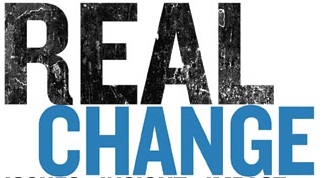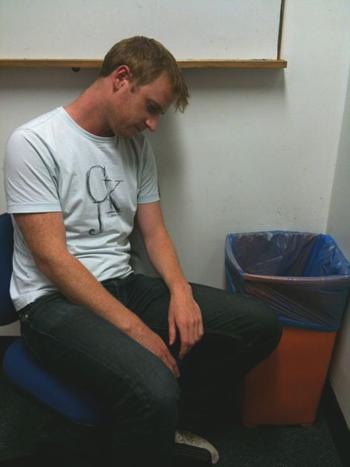Overcoming Stinkin’ Thinkin’
One of the most common types of skills learned in psychotherapy today focuses on our thinking. Unbeknownst to many of us, we often engage in internal conversations with ourselves throughout the day. Unless we’re trained to examine these conversations, however, many of us don’t even realize we’re having them! For instance, imagine looking in the mirror at yourself. What’s the first thing you think when you look at yourself? That thought is a part of our internal conversation.

Having these kinds of conversations with yourself is perfectly normal and in fact, everybody does it. Where we mess up in our lives is when we let these conversations take on a life of their own. If we answer ourselves in the above example with something like, “I’m fat and ugly and nobody loves me,” that’s an example of “stinkin’ thinkin’.” Our thoughts have taken on an unhealthy attitude, one that is working against us instead of for us. Psychologists would call these thoughts “irrational,” because they have little or no basis in reality. For instance, the reality is that most everyone is loved by someone (even if they’re no longer with us), and that a lot of our beauty springs from inside us — our personality.
Overcoming Stinkin’ Thinkin’ Read More »







 such as: drug addiction, video games, crime, alcoholism, compulsive overeating, problem gambling, computer addiction, pornography, compulsive shopping, workaholism, over exercising, etc.
such as: drug addiction, video games, crime, alcoholism, compulsive overeating, problem gambling, computer addiction, pornography, compulsive shopping, workaholism, over exercising, etc. oppose God’s rule seems preposterous. Indeed, it is rare today to find anyone, either within the Christian community or elsewhere, who speaks in praise of weakness. Our understanding of power has become decidedly unparadoxical. We want our power untainted with anything as undesirable as weakness. We prefer peace through strength and salvation through self-reliance.
oppose God’s rule seems preposterous. Indeed, it is rare today to find anyone, either within the Christian community or elsewhere, who speaks in praise of weakness. Our understanding of power has become decidedly unparadoxical. We want our power untainted with anything as undesirable as weakness. We prefer peace through strength and salvation through self-reliance. shopping, religion etc.) are available for those who are not attracted to chemicals. Anesthetics for the emotional pain of life are, and will always be, cheap and readily available.
shopping, religion etc.) are available for those who are not attracted to chemicals. Anesthetics for the emotional pain of life are, and will always be, cheap and readily available.